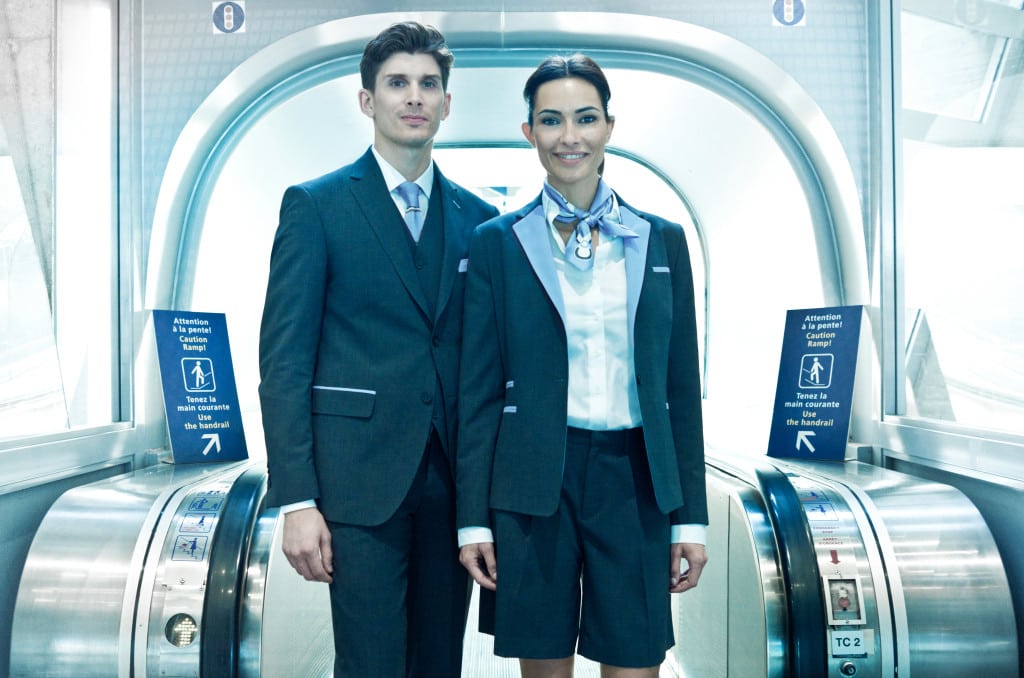Why All-Business-Class Airlines Always Seem To Fail

Skift Take
One of the world's more profitable business routes is too hard for startup airlines to resist, but also too hard -- so far -- to succeed at.
Earlier this week that French company La Compagnie unveiled plans to become the world's next all-business-class carrier trying to operate between the United States and Europe.
It's not the first time that this feat has been attempted, nor even the first time that La Compagnie's founders have tried to start an airline of this variety. If La Compagnie gets off the ground and becomes profitable, however, it will be the first time that the all-business-class model is successful.
How will they do it?
"Today's market has turned very prosperous based on certain consolidations within the airline industry," Peter Luethi, Co-founder and Deputy CEO told me for a profile I put together for Forbes, suggesting that the fewer competitors in the current market will make space for a boutique carrier.
Indeed, the landscape is far different in 2014 than it was in 2006 when Luethi's las
